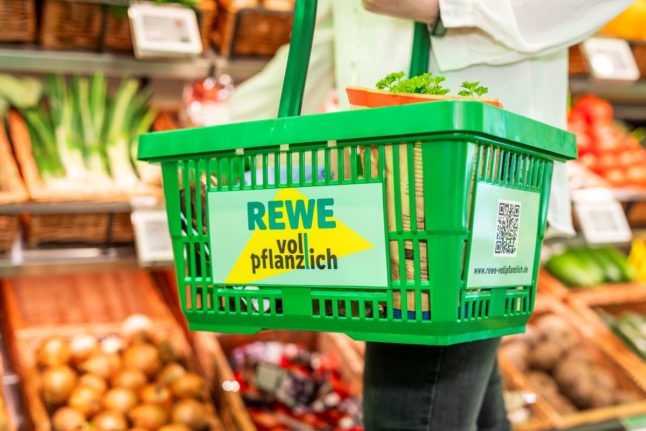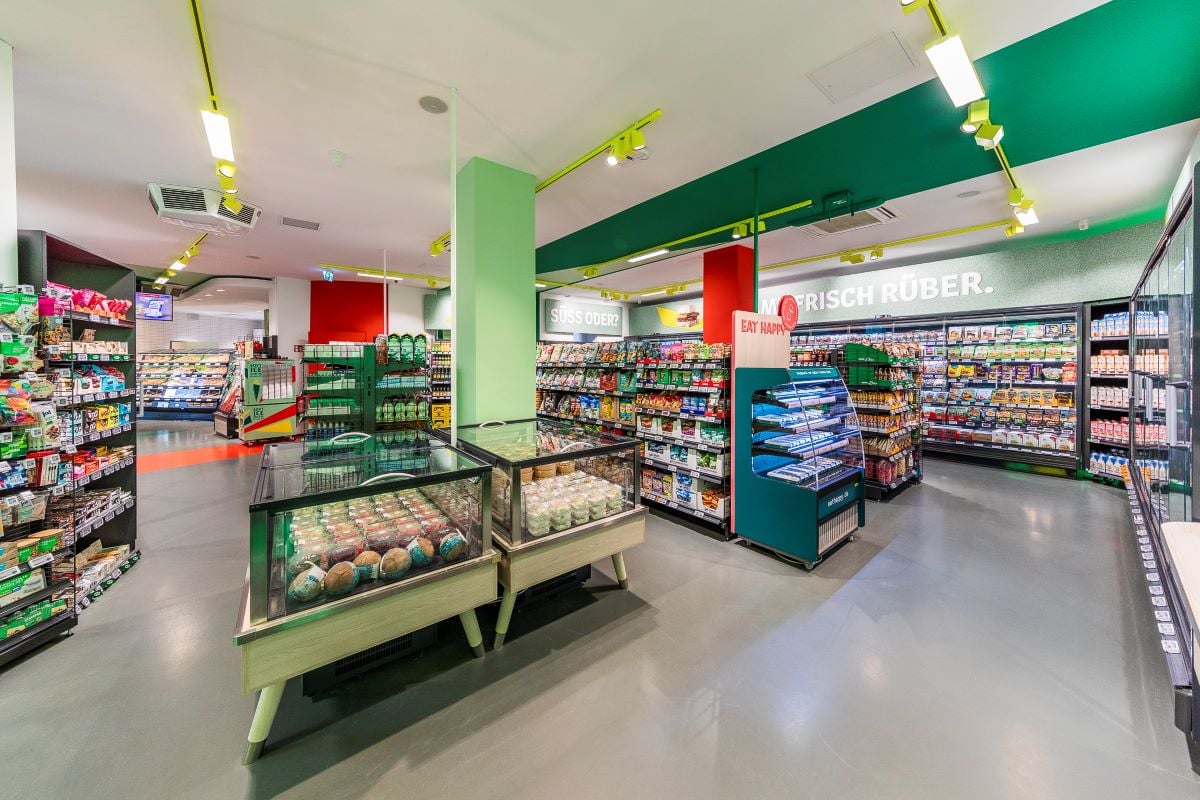It’s no longer unusual to pay five euros for a doner kebab, even in Berlin, as Imbissstuben (snack bars) are being forced to raise their prices, German news agency DPA reported.
According to data from the Federal Statistics Office, buying food or drink to take away was around six percent more expensive this March than a year earlier.
“A doner kebab should actually cost 7.30 euros,” Gürsel Ülber, chairman of the board of the Association of Turkish Doner Kebab Manufacturers in Europe, told DPA.
For a long time, kebabs cost around 3.50 euros in Berlin. Now they’re priced at between five and six euros, which is how much customers in Bavaria and Baden-Württemberg are already paying, Ülber explained, adding that he expected prices to increase further.
Across Germany, the snack bar industry has been hit by rising prices for energy and food.
The German Association of System Gastronomy, which represents chains such as Burger King and Nordsee, said that energy costs and price increases in raw materials, such as beef, were major price drivers, with companies having to pay more for everything, including flour and vegetables.
“Due to long-term contractual relationships, some of the price increases can be cushioned,” explained Andrea Belegante, general manager of the association.
‘Massive’ price rise
“But the current price trend means you have to check the prices of individual products carefully.”
French fries may still be everywhere, but restaurateurs are finding it increasingly hard to get hold of vegetable oil, the German Hotel and Restaurant Association in Bavaria noted.
“Prices have risen massively,” regional manager Thomas Geppert told DPA.
According to a survey from last week, almost two thirds of companies in Bavaria complained about delivery bottlenecks.
These almost always related to vegetable oil, and in every second case to flour, too.
“No one could have expected something like this would happen after the pandemic,” said Geppert.
Doner kebab manufacturer Ülber said: “It’s difficult to pass on the prices in full because of the competition.”
He is paying significantly more at slaughterhouses, but if he sells his skewers to snack bars at a higher price, they might choose to buy from other suppliers.
“The situation has been very difficult for about six months,” Ülber said, explaining that many companies were no longer making a profit.
He even thought it possible that Germany could see the first doner kebab shops closing in two to three months. For others, he said costs would go up further in autumn at the latest – due to the increase in the minimum wage to twelve euros per hour.




 Please whitelist us to continue reading.
Please whitelist us to continue reading.
Member comments